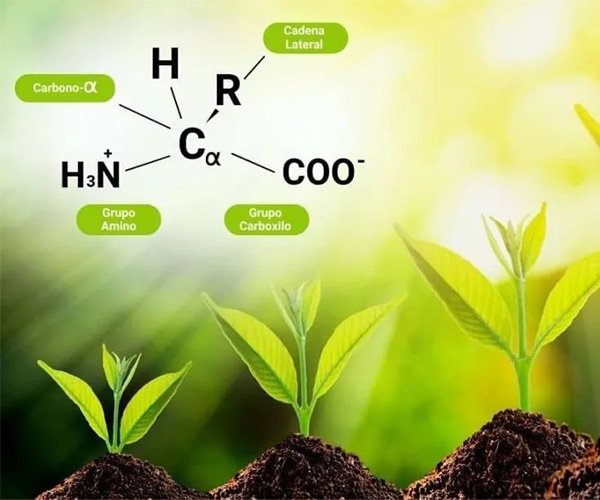Although amino acids are vital to plants, excessive accumulation can have negative effects such as toxicity, nutritional imbalance, and osmotic stress. Therefore, it is important to maintain a proper balance of amino acid supply and metabolism in plants.
1. Phytotoxicity:
Some amino acids in excessive concentrations may have toxic effects on plants. These compounds may damage cell membranes and affect enzyme function, causing necrosis and cell death.
2. Nutritional imbalance:
Excessive amounts of certain amino acid may interfere with the plant’s absorption and metabolism of other essential nutrients, such as minerals and vitamins. This can lead to nutritional imbalances and deficiencies of other important elements, affecting plant growth and development.
3. Osmotic stress:
Certain amino acid may produce osmotic effects on plant cells. When there is an excess of intracellular amino acids, it can attract water into the cells and increase intracellular osmotic pressure. This can lead to a lack of water availability in other parts of the plant, causing water stress and affecting its normal function.
Things to note when administering amino acids:
- It is necessary to ensure that the concentration of the amino acid solution is moderate, as too high a concentration may cause toxic effects on the plant.
- The frequency and amount of application need to be determined based on the growth stage and needs of the plant.
- Before applying amino acids, it is best to conduct a soil analysis and an assessment of plant nutritional status to determine whether amino acid supplementation is needed.
- It needs to be used in reasonable coordination with other fertilizers and pesticides to avoid unnecessary chemical reactions or mutual interference.
The most important thing is to apply amino acid correctly according to the specific plant variety and growing conditions. As well as the advice of an expert or agricultural technician, to ensure that the plant benefits from them.


